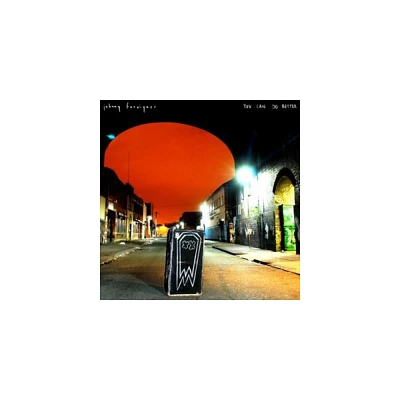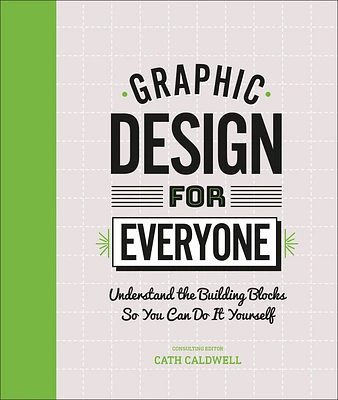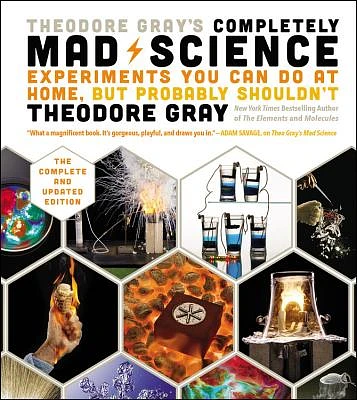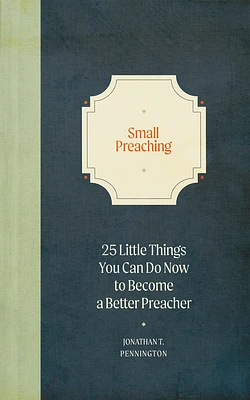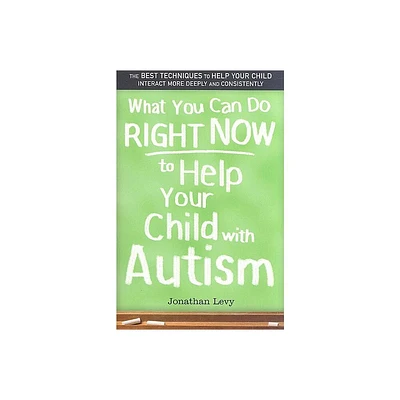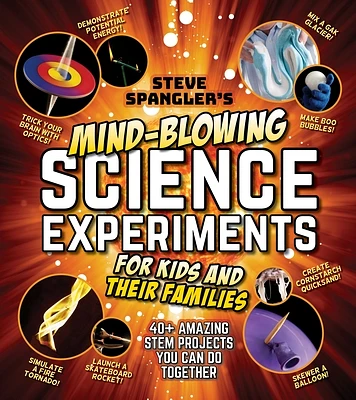Home
Think Like a Baby: 33 Simple Research Experiments You Can Do at Home to Better Understand Your Child's Developing Mind
Loading Inventory...
Barnes and Noble
Think Like a Baby: 33 Simple Research Experiments You Can Do at Home to Better Understand Your Child's Developing Mind
Current price: $16.95


Barnes and Noble
Think Like a Baby: 33 Simple Research Experiments You Can Do at Home to Better Understand Your Child's Developing Mind
Current price: $16.95
Loading Inventory...
Size: Paperback
*Product Information may vary - to confirm product availability, pricing, and additional information please contact Barnes and Noble
Raising a baby is joyful, amazing . . . and ridiculously difficult. But with some insight into what’s actually going on inside your little one’s head, your job as a parent can become a little bit easier—and a lot more fun.
In
Think Like a Baby
, coauthors Amber and Andy Ankowski—The Doctor and the Dad—show parents how to re-create classic child development experiments using common household items. These simple step-by-step experiments apply from the third trimester through age seven and beyond and help parents understand their children’s physical, cognitive, language, and social development. Amazed parents won’t just read about how their kids are behaving, changing, and thinking at various stages, they’ll actually see it for themselves while interacting and having fun with them at the same time. Each experiment is followed by a discussion of its practical implications for parents, such as why to always bring more than one toy to a restaurant, which baby gadgets to buy (and which ones to avoid), how to get kids to be perfectly happy eating just half of their dessert, and much more.
In
Think Like a Baby
, coauthors Amber and Andy Ankowski—The Doctor and the Dad—show parents how to re-create classic child development experiments using common household items. These simple step-by-step experiments apply from the third trimester through age seven and beyond and help parents understand their children’s physical, cognitive, language, and social development. Amazed parents won’t just read about how their kids are behaving, changing, and thinking at various stages, they’ll actually see it for themselves while interacting and having fun with them at the same time. Each experiment is followed by a discussion of its practical implications for parents, such as why to always bring more than one toy to a restaurant, which baby gadgets to buy (and which ones to avoid), how to get kids to be perfectly happy eating just half of their dessert, and much more.

